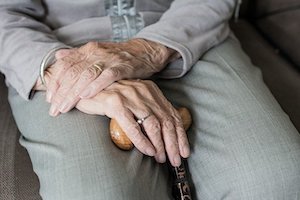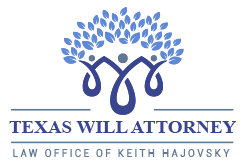A Medicaid Trust, also known as a “Miller Trust” or “QIT”, helps someone who wants access to Medicaid benefits when that person’s income exceeds the income cap. And the typical person looking to do this is an elderly or disabled adult trying to access affordable nursing home care. In Texas the 2024 income limits for one person is $2,829 per month which is fairly low. However, the government allows Medicaid applicants to reduce their countable income by transferring income to a trust that meets certain requirements.

Image by Sabine van Erp from Pixabay
First of all, the trust can only be funded with the applicant’s income, and no other resources are allowed to be transferred into the trust. Also, the funds in the trust can only be used for paying the applicant’s medical bills. Likewise, upon the death of the applicant, any remaining assets in the trust must be used to reimburse the state for all benefits paid. Lastly, the trust must be irrevocable. In other words, the applicant cannot modify, amend or terminate the trust on his or her own.
Having a Medicaid Trust though does not guarantee Medicaid eligibility. Medicaid applicants also are not allowed to have more than $2,000 in total assets, not counting their home, one car, general household items, clothing, jewelry, and other personal effects. A Medicaid Trust cannot help with this issue, because again only the applicant’s income is allowed into the trust. So if an applicant has more than $2,000 in assets, not counting the exempt items, then they will need to ‘spend down’ those assets before becoming eligible for Medicaid. And keep in mind that there is a five year look back window for any gifts made before the application for benefits is made. So just giving assets away to friends and family at the last minute won’t help.
Keep in mind though, that even though the home is not counted for eligibility, if that home is part of the applicant’s estate upon their death, then the state can go after that house for recovery of Medicaid benefits paid. One simple way to avoid this is to create a Lady Bird deed which protects a home from Medicaid recovery.


